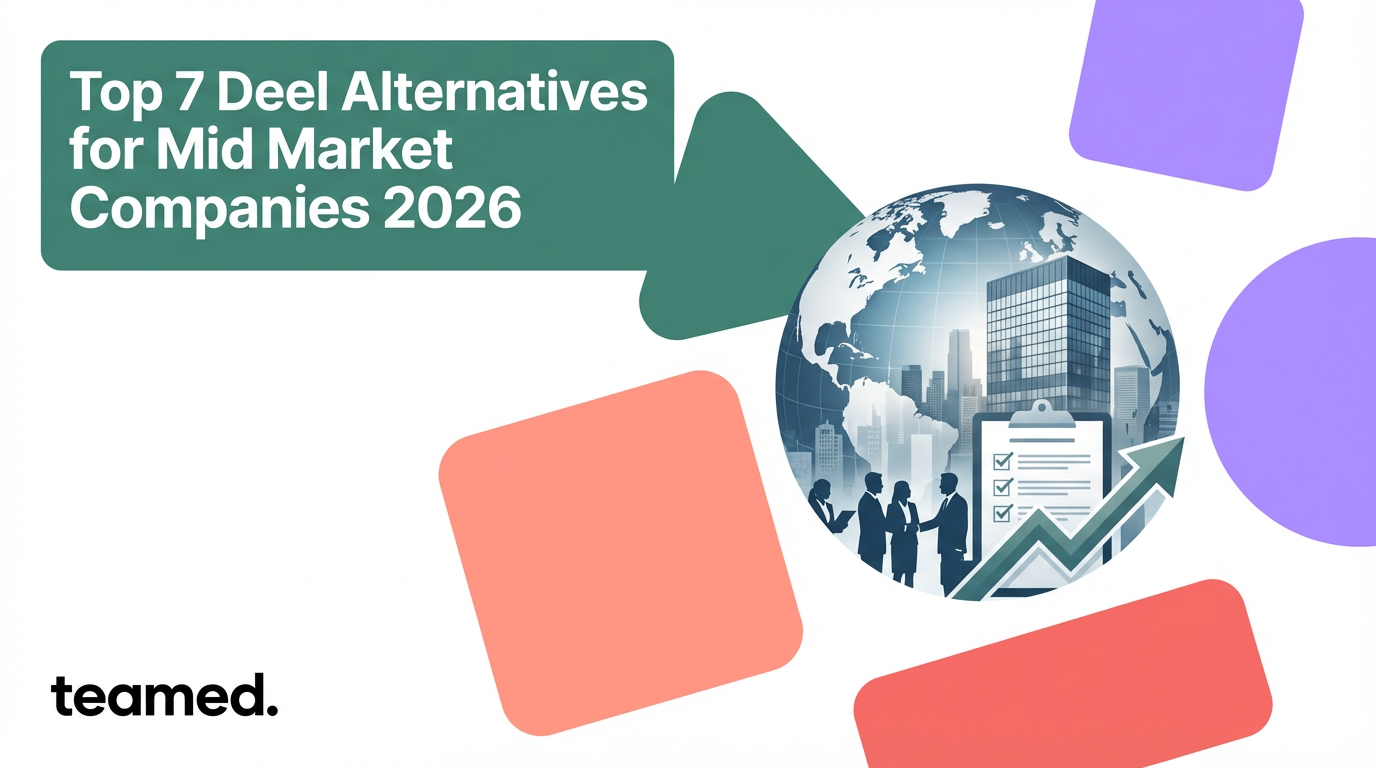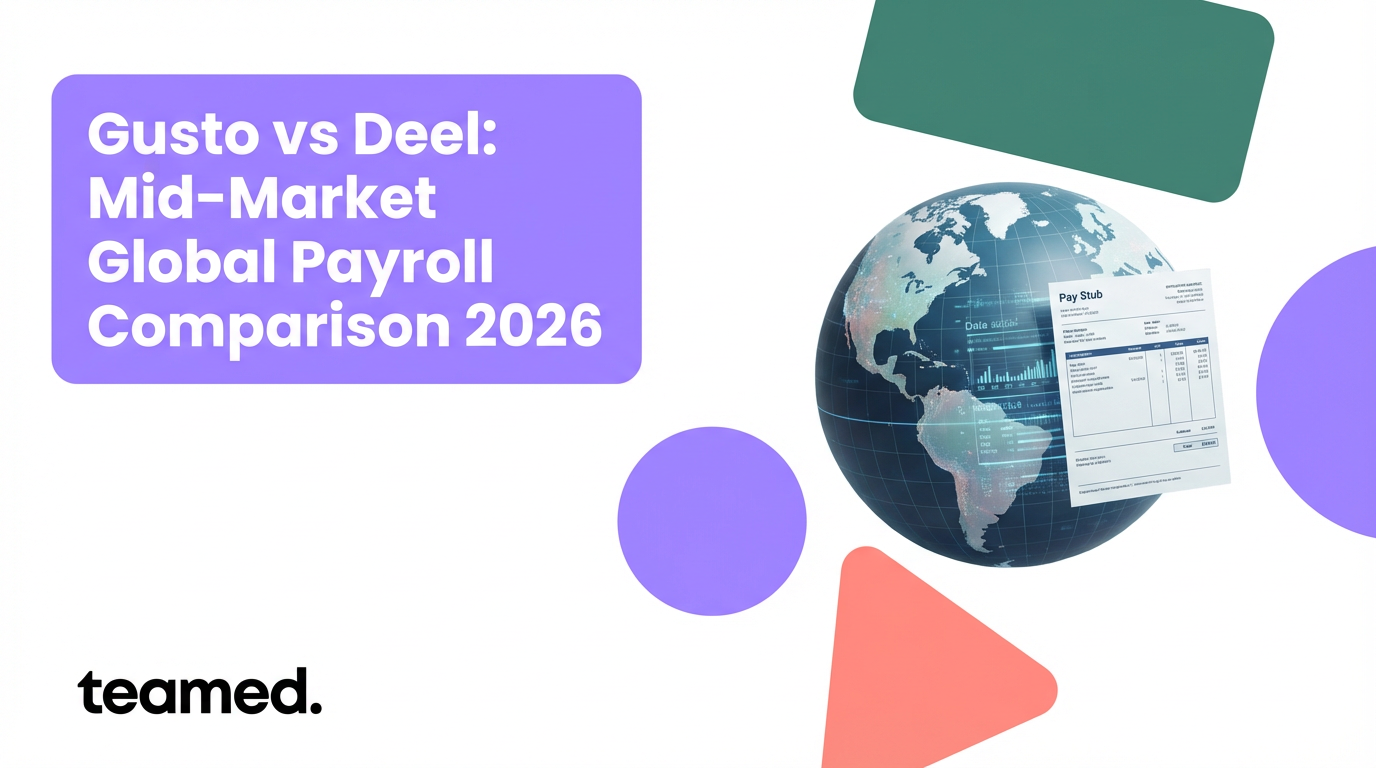What is most important to highly skilled individuals in the gaming industry? In which countries can you find the most talented professionals in the field? What challenges should you consider when recruiting talent from different parts of the world?
We had the opportunity of speaking with Scott Aiken, Director and founder of InGame Recruitment. With over 15 years of experience in recruitment, he transitioned into the video games industry in 2009. Thanks to his expertise, we gained insights into the gaming industry from a recruitment perspective, offering valuable advice for companies looking for top talent worldwide.
Scott explained that flexibility and the option to work remotely are among the top priorities for the best talent. He said: "Providing flexible work arrangements can attract and keep talent, especially those who value the freedom to work from different places."
However, there is an important challenge to encounter these positions. The Recruitment Director highlighted the geographic limitations: “The gaming industry is not evenly distributed geographically. Job seekers may face challenges if they are not located in a region with a strong gaming presence, as relocation may be necessary.”
“Navigating immigration laws and work permit requirements in different countries is crucial when hiring talent internationally. Agencies may have experts in legal and immigration matters or partner with legal professionals”, Scott added.
Find out what currently motivates gaming talent, how InGame Recruitment adapts to changing market trends, and explore the challenges and solutions when hiring global employees. Discover how you can improve your global hiring processes and significantly boost your business's growth.
Highlights from Scott
- Focusing on people, their unique qualities beyond their resumes, and building trusting relationships is one of the keys to increasing the success of recruiting agencies like InGame Recruitment. This means they have a worldwide database of about 75,000 candidates who specialise in the video game industry.
- The ability to work from different locations is one of the main reasons that motivates this kind of talent.
- Certain skills, the rapid development of the latest technologies, and geographical limitations can be the main challenges when hiring the best candidate. That's why Scott recommended working with agencies that have experts in legal and immigration matters.
- It's important to stay informed about the global landscape of the gaming industry, including emerging markets and talent centres. This helps us identify where talent is concentrated.
- The optimal location for finding top talent in various gaming-related roles may depend on the specific needs of your project, as well as considerations such as language, cost of living, and access to the target market.
Full Interview
What is InGame Recruitment's primary focus, and how does it distinguish itself from other similar agencies?
InGame Recruitment specialises in talent acquisition and recruitment within the gaming industry. Our services extend worldwide, catering to both small and large game studios, as well as companies involved in developing or working on gaming-related technology that may require similar talent.
In 2016, InGame was established with a core mission to create an agency founded on principles of integrity, dynamism, unwavering commitment, and accountability.
We have built up a database of over 75,000 candidates in games. Unlike many recruiters who heavily rely on platforms like LinkedIn, we've managed to identify over 60% of successfully placed candidates through our internal database, a feat that sets us apart.
In contrast to many of our competitors, our approach to recruitment is fundamentally different. While most agencies prioritise Key Performance Indicators (KPIs) as their primary focus, we believe that cultivating a people-centric workplace is the cornerstone of our success. Our philosophy revolves around recognising the intrinsic value of each individual, whether they are a part of our dedicated team, a valued client, or a prospective candidate. We understand that behind every CV or job listing is a person with unique aspirations, talents, and needs. By placing people at the heart of our operations, we've been able to establish trust-based relationships that extend beyond mere numbers and statistics.
What are the most in-demand skills for roles in gaming?
Game development skills encompass various domains essential for creating successful games. These domains include programming proficiency in languages like C++, C#, Java, Python, or scripting languages utilised in engines like Unity and Unreal Engine. Game design expertise is crucial, encompassing an understanding of game mechanics, level design, and user experience (UX) design. Additionally, art and animation skills in 2D and 3D art, character design, animation, and texture mapping are vital for crafting captivating visuals.
Artificial Intelligence (AI) is integral to modern gaming, involving AI programming for non-player characters (NPCs) and opponents, as well as the utilisation of machine learning to enhance game features and behaviors.
Marketing and community management skills are needed to promote games effectively through digital marketing strategies, influencer marketing, and community engagement. Moreover, proficiency in data analytics to analyse player data and knowledge of monetisation strategies like in-game purchases and microtransactions are vital.
Project management skills, including methodologies like Agile and Scrum, are essential for overseeing game development projects and managing game development teams. Lastly, quality assurance and testing encompass game testing, bug detection, and overall quality assurance, alongside automation skills for creating and executing test scripts.
"Job seekers may face challenges if talent is not located in a region with a strong gaming presence, as relocation may be necessary."
What motivates the best talent in the gaming industry today?
Passion for gaming is a powerful motivator within the industry, fueling the dedication of professionals who have a deep love for games. Creative freedom, opportunities for career growth, and competitive compensation remain central to attracting and retaining top talent. The importance of a healthy work-life balance, recognition of achievements, and fostering a positive and inclusive company culture cannot be overstated. Engaging in challenging projects that push the boundaries of their skills and allowing employees to make a meaningful impact on the gaming community are also key motivators.
One notable aspect gaining prominence, especially in the wake of the Covid-19 pandemic, is the appeal of flexible work arrangements, including remote work options. This flexibility provides employees with the freedom to work from different locations, aligning with the changing dynamics of the modern workplace. Additionally, while creative individuals often thrive in the gaming industry, they also appreciate job security, which provides stability and reassurance in a dynamic field.
“Ensuring that candidates meet the necessary qualifications and have the legal right to work in a given country is crucial for compliance and the success of placements.”
What challenges do you encounter when searching for these positions?
In the gaming industry, various challenges arise depending on the job, company, and market conditions. Some common difficulties include the need for specific skills and expertise, which can be hard to find, especially for specialised roles. Technology evolves rapidly in gaming, causing skills to become outdated quickly, creating a challenge for both job seekers and employers.
Building a strong portfolio and gaining relevant experience is tough for newcomers. The industry's uneven geographic distribution means job seekers outside gaming hubs may need to relocate. Finding candidates who match a gaming company's unique culture and values is vital for long-term success. Achieving diversity and inclusion remains a challenge, with a focus on encouraging underrepresented groups and creating inclusive workplaces. The industry is known for demanding crunch periods, where employees work long hours to meet tight deadlines, making it a continuous challenge to balance work demands with employee well-being.
The COVID-19 pandemic accelerated remote work adoption, posing challenges for managing remote teams and effective collaboration, particularly for creative roles benefiting from in-person interaction. Additionally, protecting intellectual property and preventing unauthorised use or copying of game assets is a significant challenge for game developers.
Which countries are considered optimal for locating top talent in positions focused on the game industry?
The optimal countries for locating top talent in positions focused on the game industry can vary depending on the specific expertise and roles we’re seeking. However, several countries are known for their strong presence in the gaming industry due to factors such as a robust gaming ecosystem, a history of successful game development, and the availability of skilled professionals.
These countries have established themselves as significant players in the gaming industry, and we often find top talent in various gaming-related roles within these regions. However, the optimal location may also depend on the specific needs of your project, as well as considerations like language, cost of living, and access to the target market.
United States
The United States, particularly California (Silicon Valley), is a global hub for the gaming industry. Major cities like San Francisco, Los Angeles, and Seattle are home to many gaming companies, including Electronic Arts, Activision Blizzard, and Microsoft. The U.S. has a diverse talent pool, from game developers to esports professionals.
Canada
Canada has a thriving gaming industry, with a focus on game development and production. Cities like Vancouver, Toronto, and Montreal are known for hosting major game studios, including Ubisoft, Electronic Arts, and Warner Bros. Interactive Entertainment.
Japan
Japan is renowned for its long history in the gaming industry, with iconic companies like Nintendo, Sony, and Capcom headquartered there. It's a prime location for talent in game design, development, and animation.
United Kingdom
The UK has a huge game development scene including a thriving independent game development community with hubs in Leamington Spa & Brighton. Companies like Rockstar North, Playground Games, Creative Assembly and Rare are based in the UK. The UK boasts numerous universities and institutions offering game development programs and courses, contributing to the availability of talent in the industry.
France
France has a strong presence in both AAA (large-budget) and indie game development. Ubisoft, known for the Assassin's Creed and Just Dance franchises, are headquartered in France. The country also fostered a vibrant indie game scene, with independent developers creating innovative and artistic games.
Nordic Countries
Scandinavian countries, including Sweden (home to companies like DICE and Mojang), Finland (Remedy and Supercell), and Denmark (IO Interactive), have a thriving game development scene.
Germany
Germany is known for its game development expertise, with cities like Berlin, Frankfurt, and Munich hosting studios such as Ubisoft Blue Byte and Crytek.
China
China is a global powerhouse in the gaming industry, particularly in mobile gaming. Companies like Tencent & NetEase have a significant presence in the market.
Poland
Poland's game development industry has been gaining recognition, with studios like CD Projekt Red (creators of The Witcher series) becoming internationally acclaimed.
India
India is emerging as a destination for game development, particularly in mobile gaming. Cities like Bangalore and Pune have seen a rise in game development studios.
And now what?
The video game industry is becoming increasingly decentralised, not only in terms of technology but also in finding and hiring the best talent. As Scott pointed out, the expectations are increasing, encompassing more advanced skills and higher expectations from top professionals.
There are many factors that determine why someone chooses a company and a country to work from. That's why our job is to break down barriers and connect businesses and talent, making procedures easier and solving challenges that could jeopardise the professional and personal growth of both parties.
As Scott highlighted, it's crucial to stay updated on where these professionals are located, as well as their demands and requirements. The result will be to help companies increase their competitiveness and, consequently, make them more sought-after workplaces. Because, in the end, the best talent wins this battle, and at Teamed -as an Employer of Record (EOR)-, our mission is to assist the most innovative businesses by partnering with top recruiters like InGame Recruitment.







